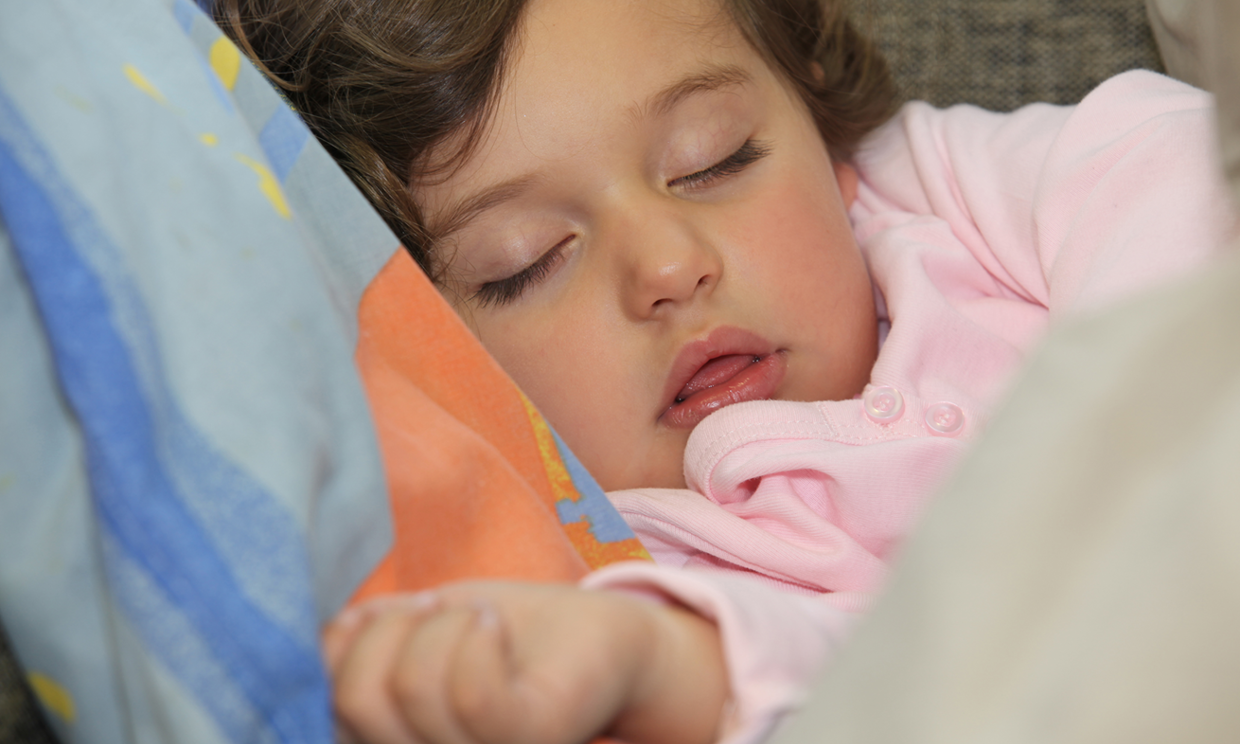What a difference a good night’s sleep makes! But sleep can sometimes come slowly for preschoolers because they’re busy thinking about the day, even after they go to bed. A nightly routine – and a bit of persistence on your part – can cut down on many common bedtime problems. Others sleep problems, like nightmares, are best handled with patience and understanding.
At this age, children need 11-13 hours of sleep a night. Some still have a day nap of about an hour. When children get the right amount of sleep, they’re more settled and happier during the day.
Quality sleep is important for children’s health, development and wellbeing. It also strengthens their immune systems, reducing the risk of infection and illness.
Bedtime routines
A positive bedtime routine can help your child calm down after a big day and feel ready for sleep.
A bedtime routine for preschoolers might look something like
- 6.30pm brush teeth, go to toilet, put on night nappy if needed.
- 6.45pm quiet time – read a book, tell a story, sing a song, have a cuddle.
- 7pm get into bed and kiss goodnight.
The key is to do similar, pleasant activities each night, starting around 20 minutes before your child’s bedtime. Aim to keep the atmosphere positive. At the end of the 20-minute ‘positive period’, say goodnight to your child. This is the time to be firm if your child resists. Be clear that it’s now time for sleep, then leave the room straight away. Sometimes children’s ‘sleepy times’ are later than the ideal bedtime. If this sounds like your situation, start by introducing the bedtime routine about the time your child naturally falls asleep. Then, after about a week, bring her bedtime forward by about 5-10 minutes every few days until you reach the ideal bedtime.
Getting up after bedtime
Your preschooler might go through a stage of calling out from bed or getting up after you’ve said goodnight. Here are some tips to help you handle this common bedtime problem:
- Avoid boisterous play or screen time close to bedtime.
- Make sure your child’s room is cool, quiet and dark.
- Before leaving the room, check that your child has everything they needs for sleep, like a favourite cuddly toy or blanket. Remind them to stay quietly in bed.
- Try not to go in to your child if he or she calls after you’ve turned the light out. If you do, they might try the same thing again next bedtime.
- If your child gets out of bed, calmly ask them to go back to bed. Repeat this firmly and quietly over and over until your child doesn’t get up again.
Sometimes your child might actually need something. If your child is scared of a monster under the bed, quickly check and tell your child there are no monsters. Your child might settle after this. If your child is scared of the dark, think about using a night-light.
Tips for helping children get to sleep
Some practical tips can help you ensure your child gets enough good-quality sleep every night:
- Keep bedtime and wake-up time on weekdays and weekends to within two hours of each other. This can help get your child’s body clock get into a regular rhythm.
- Encourage your child to relax before bedtime – for example, with a bath, a story, gentle music or breathing for relaxation.
- Make sure your child feels safe at night. If your child has bedtime fears, avoid scary TV shows, movies and computer games. Let them have a night-light if it helps, and praise and reward them whenever they're brave.
- Check noise and light in your child’s bedroom. A dim, quiet, private space is important for good sleep.
- Make sure your child has a satisfying evening meal at a reasonable time so they're not too hungry or too full at bedtime.
- Encourage your child to get as much natural light as possible during the day, especially in the morning.
Bedtime worries and anxieties
If your child has worries and anxieties that stop her from relaxing at bedtime, there are a couple of things you can do. If there’s a quick and easy answer to your child’s problem, you can deal with it straight away. For example, "Yes, you can have Emma over to play on the weekend even though Grandma is staying with us".
But if the problem needs more time, it’s probably best to acknowledge your child’s feelings and gently plan to sort things out in the morning. For example, "I understand that you’re worried about what to wear to the fancy dress party. Let’s talk about in the morning."
Night terrors and nightmares
As your preschooler’s imagination develops, they might start having nightmares or night terrors.
With nightmares, your child might wake up, remember the nightmare and feel upset. They'll need comfort and reassurance – for example, "Bad dreams are very scary, aren’t they?" Let your child know it’s OK to feel scared after a nightmare. Be patient and avoid dismissing or downplaying the fear, because nightmares can seem very real to little children.
If your child has night terrors, they won’t wake up or remember later. Waking them up will upset them. Instead, wait for your child to stop thrashing about. Guide them back to bed if they have got out.
Night-time wetting
Even if your child uses the toilet or potty during the day, they might still wet at night. Often, children are 3-4 years of age before they’re dry at night, and some children don’t have dry nights until 6-7 years. Let your child know you’ll take them to the ttoilet or potty in the night if they need to go.
Most children grow out of night-time wetting by themselves. But if you’re concerned about your child’s night-time wetting, talk to your GP.


